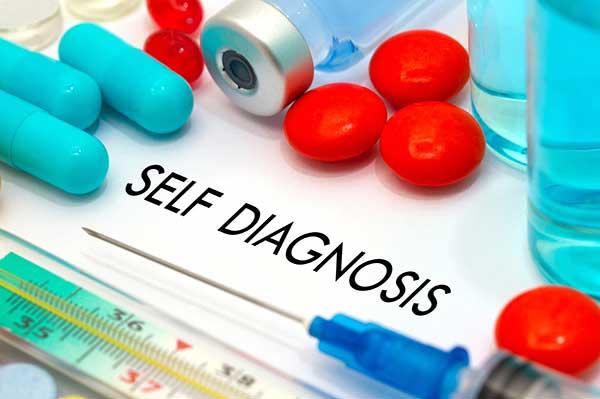Self Diagnosis: How to Respond When Patients Self-Diagnose Online

How do you react when a patient comes into your consulting room and tells you they’ve looked up their symptoms online?
Are you happy they’re engaged in self-care? Or does your heart sink as they explain to you exactly what treatment they need?
People have always made decisions about health based on assumptions, hearsay and wrong information. Every generation of medical professionals has dealt with the patient who “knows” they have the same disorder as cousin Lucy who died 20 years ago.
Unfortunately, the internet has made hearsay and bad science available to almost everybody, and now doctors need to ask not only “What are your symptoms?” but also “What have you read about this?”
Growth in Health Information Leads to Self Diagnosis
There are definite advantages to the growth in health information. Patients who have looked up symptoms and treatment options are more likely to feel empowered and to welcome a collaborative approach. After years of trying to encourage “expert patients”, doctors should welcome this change. A 2017 review concluded that accessing health information online improved the doctor-patient relationship – but only if the clinician responded positively when told about the patient’s online research.
Of course, there can be downsides too. A study of online symptom checkers recommends that patients consult a variety of reliable sources. Unfortunately, cognitive bias means that the first information a patient sees appears more reliable than other sources – even if that first source is simply the top result on Google. Ateev Mehrotra, lead author of the BMJ study, says, “Users should be cautious and not take the information they receive from online symptom checkers as gospel.”
If you have known a patient for some time, it’s easier to have a conversation with them about what they’ve read online; they trust that you’ve made good decisions about their health in the past. But what can you do when a patient you’ve just met is telling you that their symptoms exactly match what’s written on a celebrity’s Instagram feed?
Self Diagnosis Leads to Better Conversation Between Doctor, Patient
Remember that this is not a threat or an insult. You have done years of medical school and this person has spent half an hour online, but they’re probably doing the best they can and they’re almost certainly worried. This is not the time for you to get defensive.
See also: 5 Tips for a Healthy Heart.
Ask questions. What exactly do they think might be the problem? Have they decided their own diagnosis or do they think there might be a range of possibilities? Which websites did they visit? Was it a symptom checker on an insurance company website or a blog that’s trying to sell a product? Did they check the author’s qualifications? Use the patient’s research as a starting point and build on it rather than ignoring or undermining it.
Good doctors are aware they can’t know everything, and confident doctors don’t need to prove how smart they are to their patients. When a patient tells you they’ve researched their symptoms online, this means that they’ve taken the first step in their journey towards wellness. Your job is to help them along the way.




